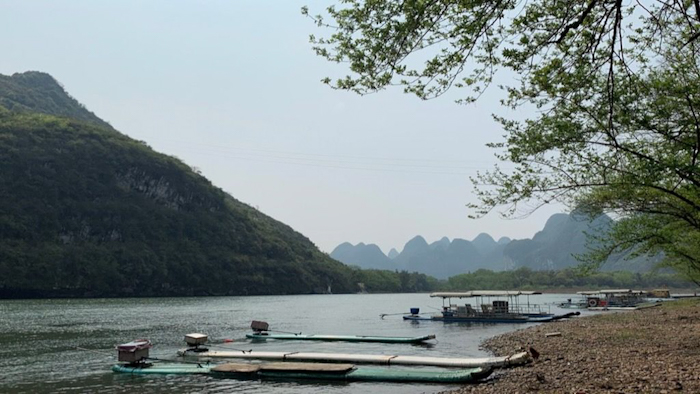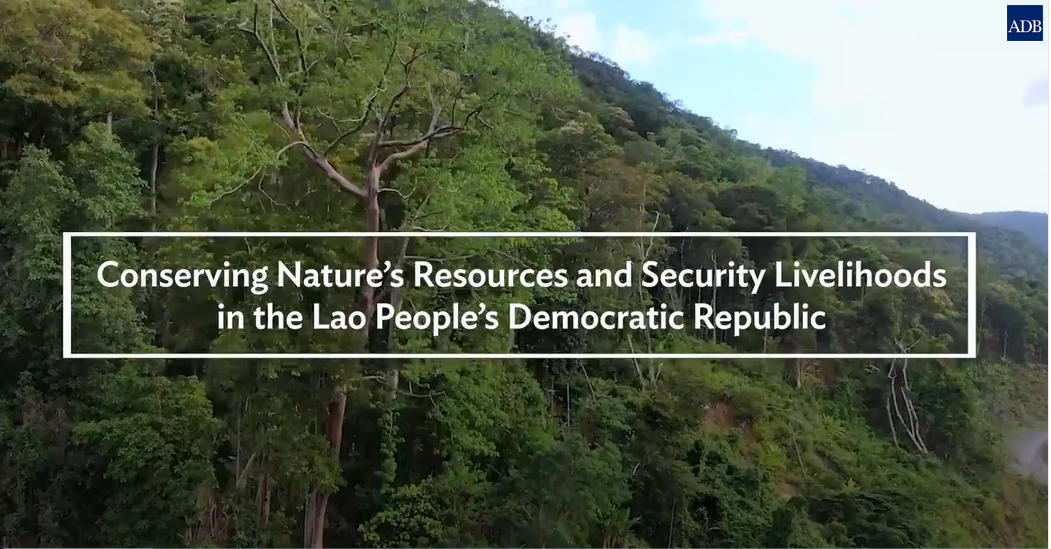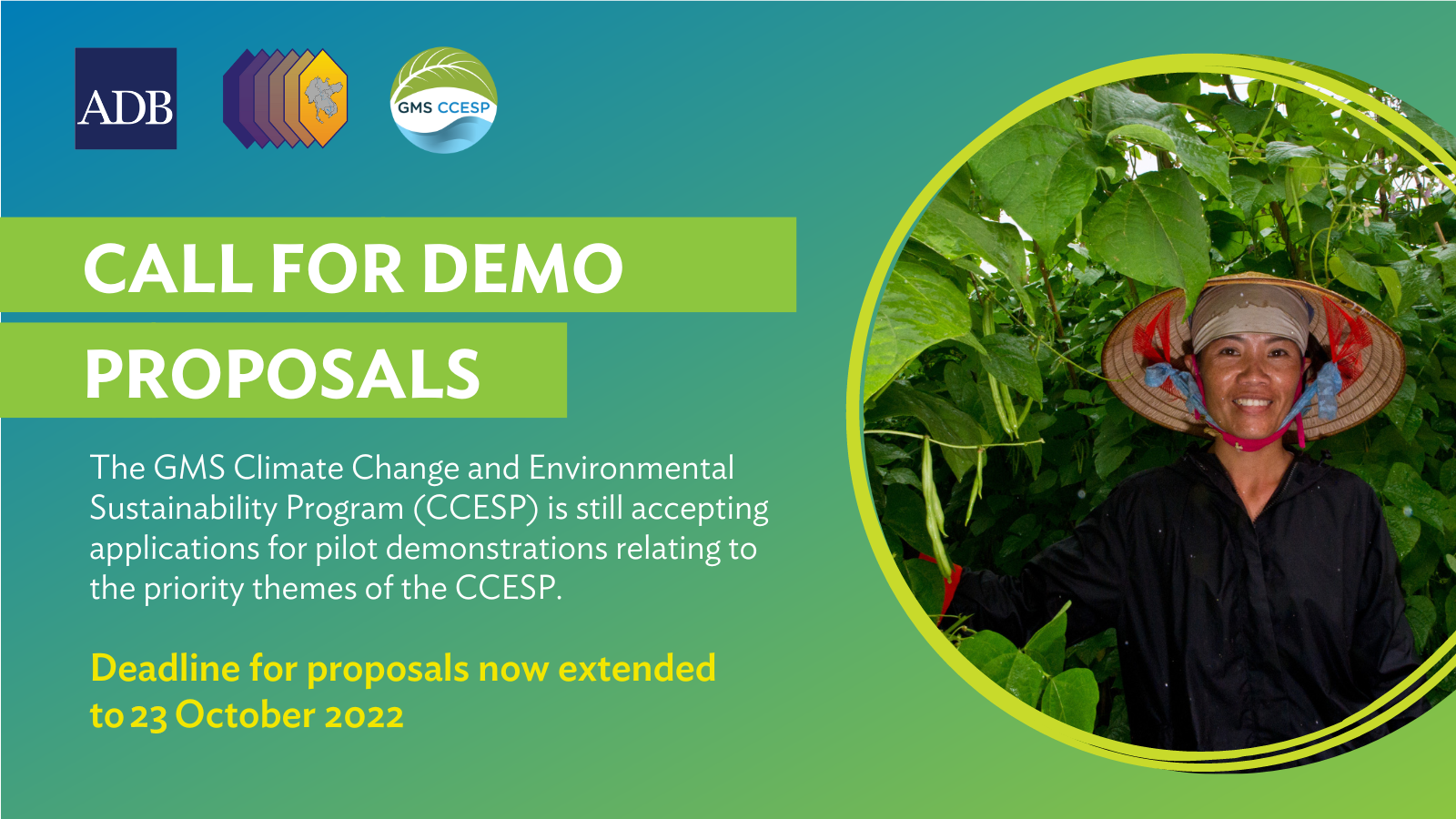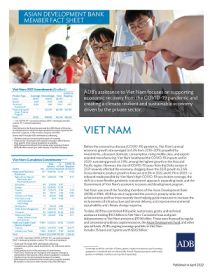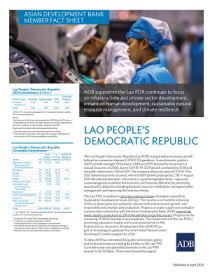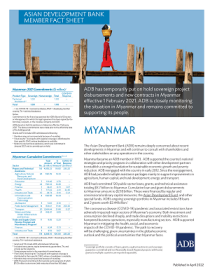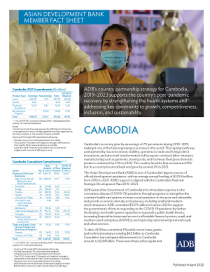ADB to Support Preservation of Guilin in PRC
The Asian Development Bank (ADB) has approved a $140 million loan to improve the environmental and economic conditions in Guilin in the Guangxi Zhuang Autonomous Region of the People’s Republic of China.
“Rapid urbanization has become a threat to Guilin's natural resources and sustainable development,” said ADB Senior Transport Specialist for East Asia Nicolas Dei Castelli. “This project will include a number of innovative solutions with demonstration potential, including low-carbon mobility, inclusive sanitation, and institutional development.”

